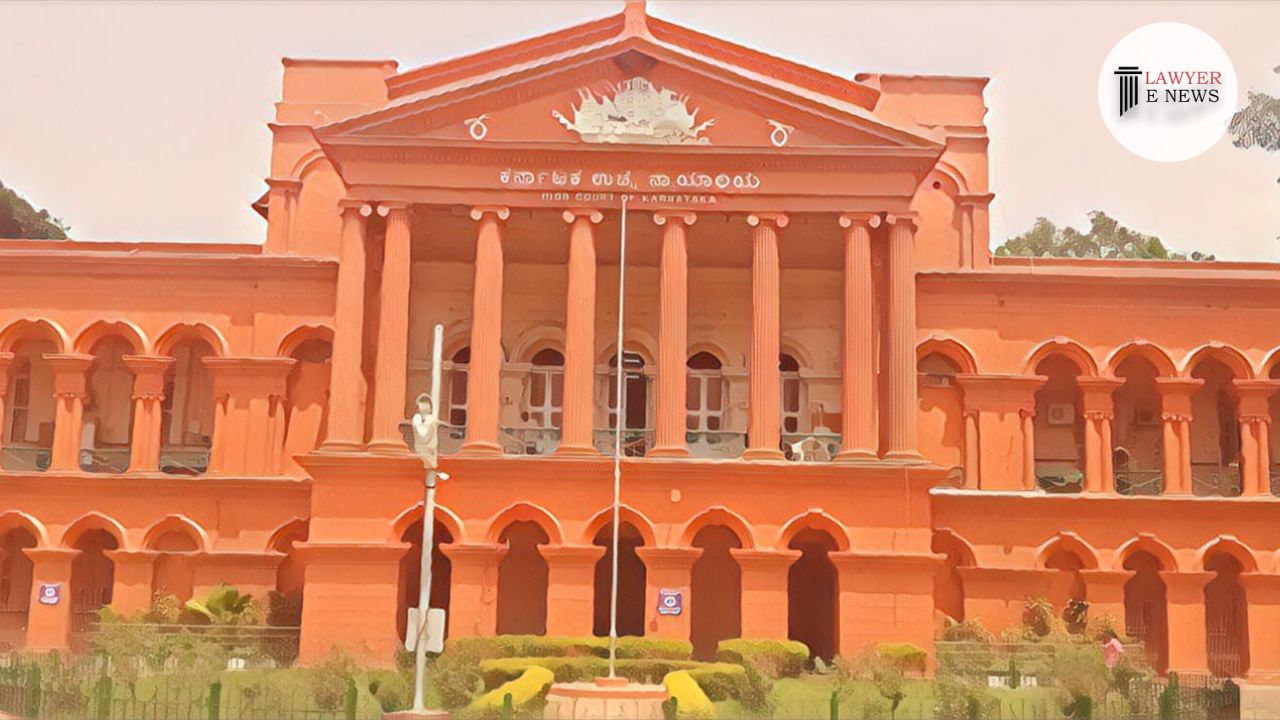-
by Admin
15 February 2026 5:35 AM



In a recent judgment, the High Court of Karnataka upheld the acquittal of Smt. Rajani Gururaj in a cheque bounce case under Section 138 of the Negotiable Instruments Act. Justice Rajendra Badamikar dismissed the appeal filed by Sri. Jithendra Kumar N.M, citing insufficient evidence to prove the complainant’s financial capacity to lend the claimed amount. The decision underscores the critical requirement for complainants to provide concrete financial evidence in such cases.
The appellant, Sri. Jithendra Kumar N.M., alleged that he had extended a hand loan of Rs. 10.00 Lakhs to the respondent, Smt. Rajani Gururaj, in July 2013. This loan was purportedly for family necessities and the purchase of a site, with an assurance of repayment within 4 to 6 months. Upon the respondent's failure to repay, a cheque issued by her was dishonoured due to insufficient funds. Consequently, a complaint was lodged, leading to her initial acquittal by the trial court, which the complainant challenged in this appeal.
The court emphasized the complainant's inability to substantiate his financial capacity to lend Rs. 10.00 Lakhs. Justice Badamikar pointed out the absence of evidence regarding the complainant’s financial status and the lack of documentation proving the source of the loan amount. The court noted, “The complainant’s failure to declare this transaction in his IT returns raises serious doubts about the legitimacy of the alleged loan.”
The judgment highlighted inconsistencies in the complainant's testimony, particularly regarding the advancement of the loan and the complainant’s financial stability. The complainant admitted to not disclosing the date of loan advancement and failing to provide any bank documents supporting his claim of obtaining a loan from a bank. This inconsistency was a pivotal factor in rebutting the presumption under Section 139 of the N.I. Act in favor of the complainant.
The respondent's defense centered around the claim that the cheques were issued as security for a loan taken by her husband from the complainant. The court found this defense plausible, given the complainant’s inability to provide clear and consistent evidence. The judgment stated, “The accused has successfully rebutted the presumption by exposing the complainant’s financial status through cross-examination and documentary evidence.”
Justice Badamikar's legal reasoning emphasized the principle that while the initial burden of proof under Section 139 of the N.I. Act lies with the complainant, it can be rebutted by the accused through a preponderance of probabilities. In this case, the respondent effectively demonstrated the improbability of the complainant’s financial capability to advance the loan, thereby shifting the burden back to the complainant to prove his case beyond a reasonable doubt, which he failed to do.
Justice Badamikar remarked, “The presumption in favor of the complainant under Section 139 of the N.I. Act has been successfully rebutted by the accused through effective cross-examination and presentation of evidence that casts serious doubt on the complainant’s financial ability to advance the loan.”
The High Court's decision to dismiss the appeal and uphold the acquittal of Smt. Rajani Gururaj highlights the necessity for complainants in cheque bounce cases to provide clear and compelling evidence of their financial transactions. This judgment serves as a crucial precedent, reinforcing the importance of transparency and documentation in financial dealings, and is expected to influence future cases under the Negotiable Instruments Act.
Date of Decision: May 27, 2024
Sri. Jithendra Kumar N.M vs. Smt. Rajani Gururaj
